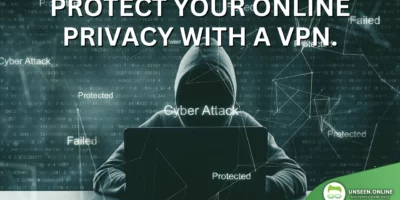Russia’s Internet is rapidly changing as President Vladimir Putin attempts to control and limit his people’s access to an uncensored internet. It has been claimed that the Russians are following China’s approach to controlling the internet. The government has banned multiple websites, including social media platforms like Facebook and Twitter, and it is now planning to add Instagram to the list.
Despite all the efforts of Putin’s administration to limit his people’s access to the Internet, a growing number of Russian internet users are finding ways to bypass the restrictions.
Since the beginning of the conflict, Putin has blocked the majority of websites run by non-Russian companies. To access these sites despite restrictions, some Russians opt to utilize Virtual Private Networks (VPNs), encrypted chat applications, and tools such as TOR.
As this war unfolds, and Internet restrictions are put in place, Russian Internet users are downloading and using VPN apps. Unseen Online Unlimited VPN is one of the best free VPN apps for accessing government-blocked websites. You read that correctly, it’s a FREE VPN with the same features as a premium VPN.
The number of TOR users has also surged, and Twitter has now issued a specific tor link that will enable Russian citizens to circumvent the restrictions on Twitter.
Lantern, A peer-to-peer technology that bypasses government firewalls, started seeing more Russian downloads approximately two months ago, according to Sascha Meinrath, a communications professor at Penn State and board member of Brave New Software.
With thousands jailed for opposing the conflict in Ukraine, the rise of some of these technologies emphasizes the risks for Russian internet users. It also counters Russia’s efforts to stifle social media, from banning Facebook to enacting legislation that threatens up to 15 years in prison for spreading “false” news about the conflict.
Internet users should be able to get censorship-resistant apps and use them in their everyday online activities, say researchers.






